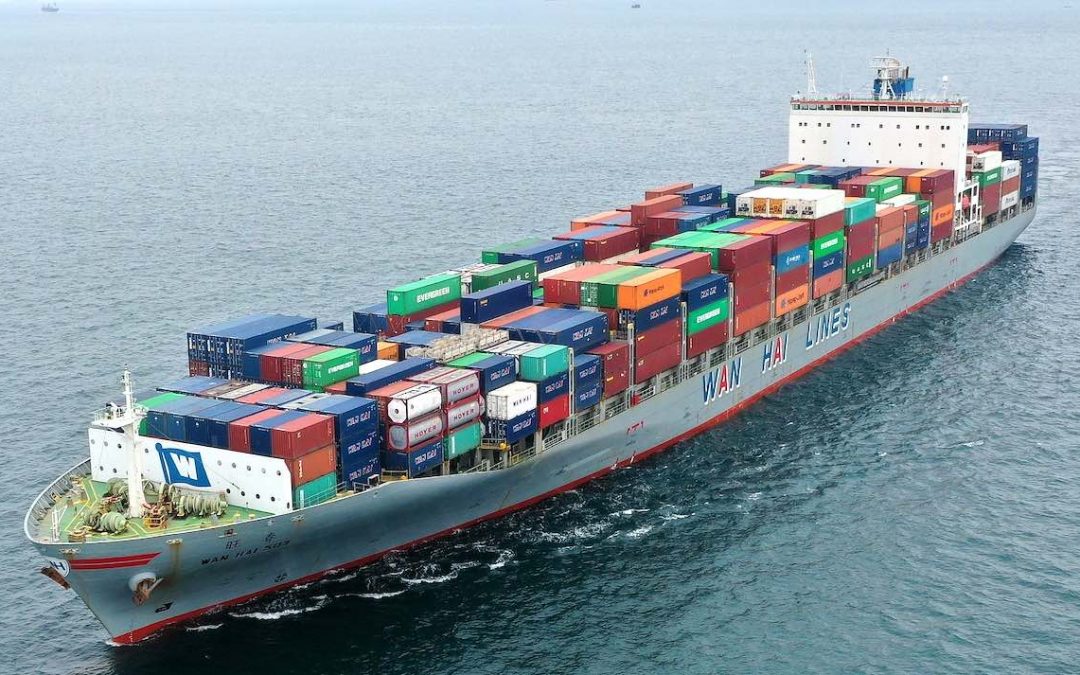The California Air Resources Board has reached a settlement agreement with Wan Hai Lines (USA), part of Taiwanese shipping company Wan Hai Lines, for $680,750 for violations of the Ocean-Going Vessels At-Berth Regulation.
The regulation aims to reduce diesel particulate matter and oxides of nitrogen from ocean-going vessels’ auxiliary engines while they are docked at California ports.
As informed, the violations were found during a routine audit by CARB’s Enforcement Division of fleets visiting California ports in 2020. The audit revealed that Wan Hai failed to reduce its fleet auxiliary engine power generation by at least 80 percent while docked at the ports of Los Angeles and Long Beach and failed to meet the three-hour operational time limit for at least 80 percent of its fleet’s visits.
The operational time limit caps the number of hours a vessel may run their engines while in port to a maximum of three hours.
“We appreciate that Wan Hai made significant efforts to come into compliance and correct the violations immediately to reduce their fleets’ emissions,” CARB Executive Officer Richard W. Corey said.
Wan Hai’s settlement includes a $340,375 civil penalty and $340,375 in funding for two supplemental environmental projects.
Nearly $300,000 will fund the installation of an air filtration system in Oakland schools with the remaining $40,777 going to fund an air filtration system at Murchison Street Elementary School and Murchison Early Education Center in Los Angeles.
The original Ocean-Going Vessel At-Berth Regulation was adopted in 2007 with compliance requirements that began in 2014. The regulation affects containerships, passenger ships and refrigerated-cargo ships at six California ports including Los Angeles, Long Beach, Oakland, San Diego, San Francisco and Hueneme.
Compliance requirements for vessels include visit requirements and emission or power reduction requirements both which were phased in over time to the current 80 percent reduction requirement.
Source: Offshore Energy






